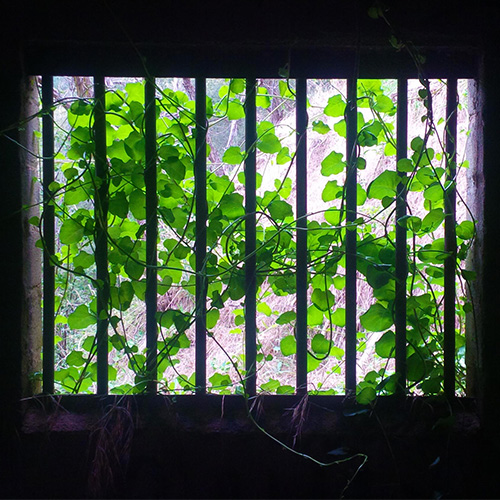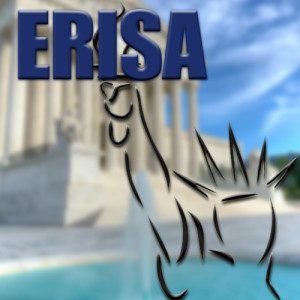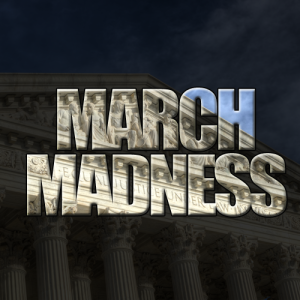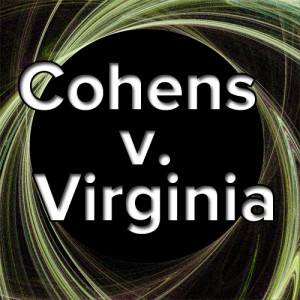Menu
Hot-Topics
February 19, 2026 | SCOTUS Reaffirms Fourth Amendment Standard for Police Responding to Household Emergencies
Category: Supreme Court Decisions

Wearry v. Cain: Brady Violation Saves Death Row Inmate
In Wearry v. Cain, 577 U. S. ____ (2016), the U.S. Supreme Court held that the prosecution’s failure to disclose material evidence violated the petitioner’s due process rights guaranteed under the U.S. Constitution. Accordingly, the justices orde...

LGBT Adoption and Constitution’s Full Faith and Credit Clause
In V.L. v. E.L, 577 U. S. ____ (2016), the U.S. Supreme Court unanimously held that the State of Alabama must recognize an adoption by a same-sex parent that occurred in another state. The Court’s per curium decision rested on the Constitution’s ...

Swift & Co. v. United States Establishes “Stream of Commerce” Test
In Swift & Co. v. United States, 196 U.S. 375 (1905), the U.S. Supreme Court held that Congress was authorized under the Constitution to regulate local business activities that were part of the "stream of commerce" between states. The ruling a...

Supreme Court Adopts Rule for Diversity Jurisdiction & Business Trusts
On March 7, 2016, the U.S. Supreme Court held that for purposes of diversity jurisdiction, the citizenship of an unincorporated entity, such as a real estate investment trust, depends on the citizenship of all of its members. The decision in Americol...

Yick Wo v. Hopkins: Neutral Law and the Equal Protection Clause
In Yick Wo v. Hopkins, 118 U.S. 356 (1886), the U.S. Supreme Court first held that discriminatory enforcement of a facially neutral law violated the Equal Protection Clause of the Fourteenth Amendment. The Facts of the Yick Wo v. Hop...

Gobeille v. Liberty Mutual Insurance Company: ERISA Pre-empts State Health Care Database
On March 1, 2016, the U.S. Supreme Court held that the Employee Retirement Income Security Act (ERISA) pre-empts a Vermont law requiring certain entities, including health insurers, to report payments relating to health care claims to a state agency ...

In re Eugene v. Debs: The Commerce Clause & Labor Strike Injunction
In In re Eugene V. Debs, 158 U.S. 564 (1895), the U.S. Supreme Court upheld the government’s use of a court injunction to order striking workers back on the job. In a unanimous decision, the Court held that the federal government had the right ...

Landmark Cases on Supreme Court’s March Docket
The U.S. Supreme Court is scheduled to hear arguments in several potential blockbuster cases this month. Topics on the agenda include restrictions of abortion, the Affordable Care Act’s contraception mandate, and racial gerrymandering. Of course, e...

Cohens v. Virginia: U.S. Supreme Court Trumps State Courts
In Cohens v. Virginia, 19 U.S. 264 (1821), the U.S. Supreme Court established itself as the highest court in the county. The justices expressly held that the Court had appellate jurisdiction over state court criminal law decisions involving alleg...

United States v. Texas Addresses Presidential Use of Executive Orders
In January, the U.S. Supreme Court added another potential blockbuster case to the current Term. In United States v. Texas, the justices will consider whether President Obama’s use of executive action to further his immigration policy violated the ...
Previous Articles
SCOTUS Decision in Bowe v. United States Is First of the 2026 Term
by DONALD SCARINCI on February 5, 2026
In Bowe v. United States, 607 U.S. ___ (2026), the U.S. Supreme Court held that Title 28 U.S.C. § ...
SCOTUS Rules State Can’t Immunize Parties from Federal Civil Liability
by DONALD SCARINCI on January 29, 2026
In John Doe v. Dynamic Physical Therapy, LLC, 607 U.S. ____ (2025) the U.S. Supreme Court held that...
Supreme Court to Address Racial Discrimination in Jury Selection
by DONALD SCARINCI onWhile the U.S. Supreme Court has concluded oral arguments for the year, it continues to add cases t...
The Amendments
-
Amendment1
- Establishment ClauseFree Exercise Clause
- Freedom of Speech
- Freedoms of Press
- Freedom of Assembly, and Petitition
-
Amendment2
- The Right to Bear Arms
-
Amendment4
- Unreasonable Searches and Seizures
-
Amendment5
- Due Process
- Eminent Domain
- Rights of Criminal Defendants
Preamble to the Bill of Rights
Congress of the United States begun and held at the City of New-York, on Wednesday the fourth of March, one thousand seven hundred and eighty nine.
THE Conventions of a number of the States, having at the time of their adopting the Constitution, expressed a desire, in order to prevent misconstruction or abuse of its powers, that further declaratory and restrictive clauses should be added: And as extending the ground of public confidence in the Government, will best ensure the beneficent ends of its institution.
Awards





